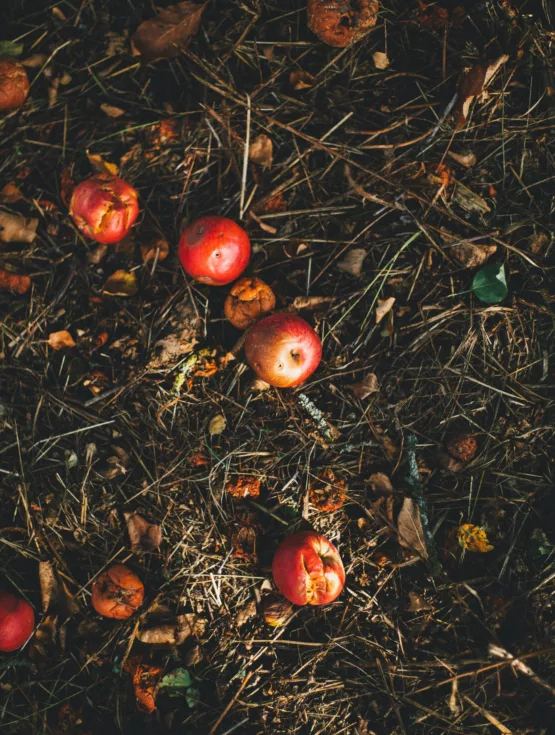
Compost and Fertilizer
Fruits of waste
Plants need nutrients like nitrogen, phosphorus, and potassium to grow. For a long time, humans have supported this with manure, dung, or compost. In the 20th century, artificial fertilizers fundamentally changed agriculture.
Photo by Markus Spiske on Unsplash
Plants need nutrients such as nitrogen, phosphorus and potassium to grow. Humans have been helping with this for a long time with slurry, manure or compost. In the 20th century, artificial fertilizers fundamentally changed agriculture: the Haber-Bosch process made it possible to produce nitrogen industrially - which greatly increased harvests. Today, around half of the world's population depends on this fertilizer. But over-fertilization damages soil, water and the climate. In future, more sustainable methods will be needed - for example, more precise fertilization, nutrient recycling or more use of natural fertilizers such as compost.
Worm power
In the Superland beds, there are so-called worm composters - containers with holes and lids that are sunk directly into the bed. They are regularly filled with shredded, organic kitchen waste from the restaurant in the Futurium. Compost worms enter through the holes, eat the waste and turn it into nutrient-rich worm compost, which serves directly as fertilizer for the plants in the bed.
This simple and effective system is also known by names such as worm bucket, bed composter or worm vase - commercially available or easy to build yourself.